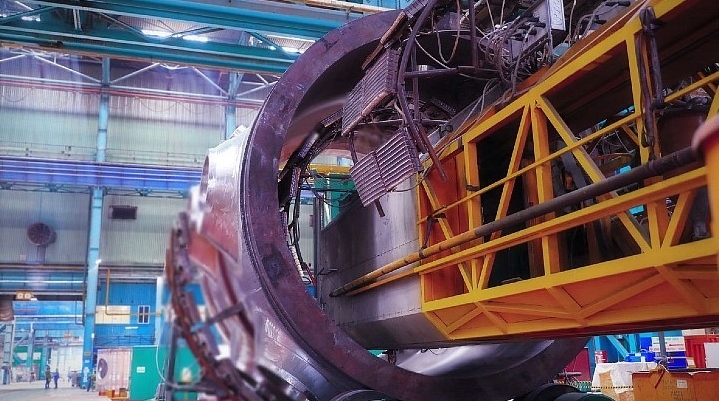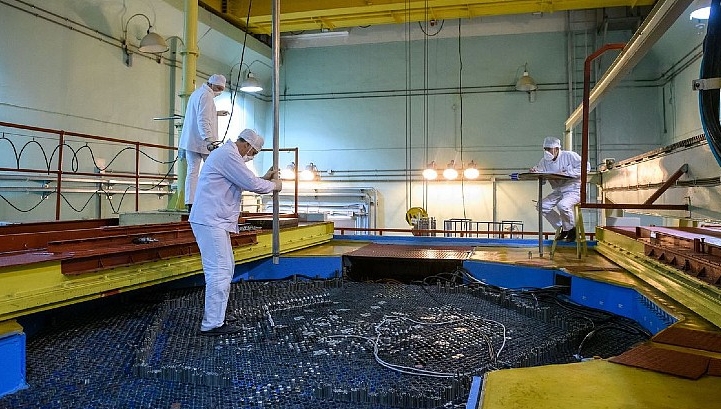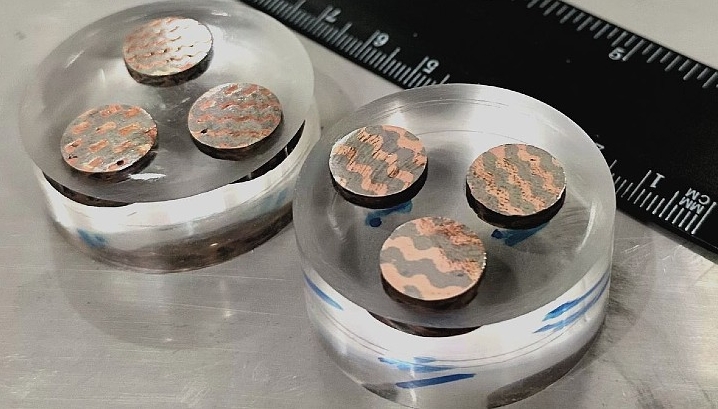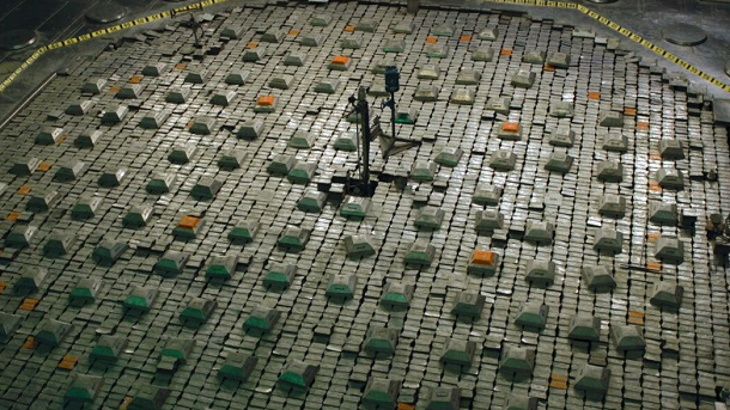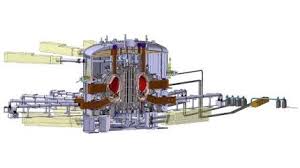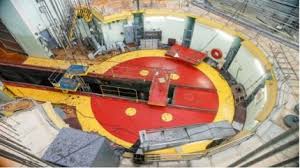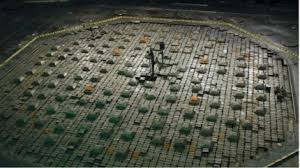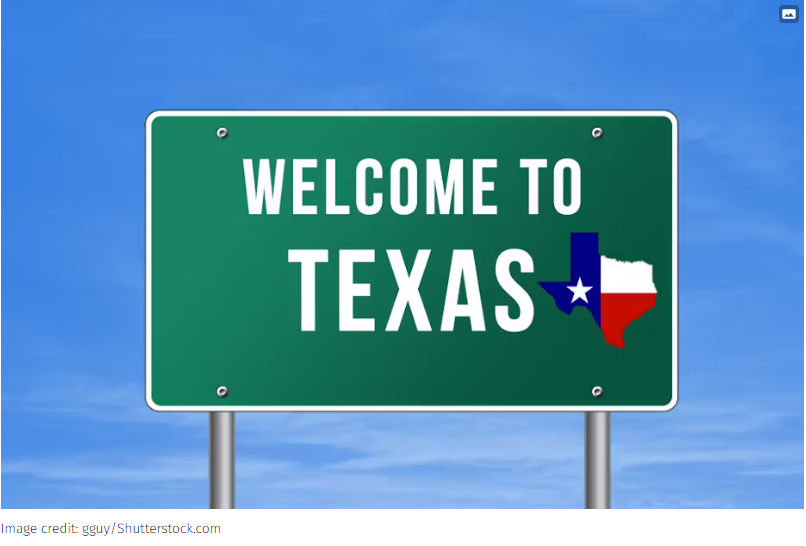
During its tumultuous legislative session, the Texas Legislature May 29 passed SB 2627, which will provide $1.8 billion in grants and incentives for microgrids and electric vehicle bus batteries, with an eye toward boosting energy resilience in a state that’s grappling with climate-driven harsh weather and power outages.
The money, however, still has two steps to approval. First, it must be approved by Gov. Greg Abbott, which is expected. And because the legislation changes an existing law relating to funding mechanisms to support the construction, maintenance and modernization of dispatchable electric generating facilities, it must be approved by voters in January, according to the Lone Star Chapter of the Sierra Club.
Rather than relying on funding from ratepayers, the bill includes a $5 billion set-aside in budget surplus funds.
The resilience measure was approved despite arguments in the legislature that renewable energy on the grid was responsible for the power outages that resulted from Winter Storm Uri in 2021, which knocked out power to two out of three Texans, shut off water to nearly half and was linked by public health officials to 210 deaths.
Under SB 2627, grants for microgrids are limited to $500/KW of capacity for facilities sized up to 2.5 MW, said Joel Yu, vice president of policy for Enchanted Rock, which proposed the original language for the measure as a member of Grid Resilience in Texas (GRIT), a coalition supporting the legislation. PowerSecure, Sunnova and Wartsila are also part of the coalition. To qualify for the funds, microgrids must also provide 48 hours of continuous operation. The grants could pay for 30% to 50% of project costs, Yu said.
In a compromise, GRIT’s proposed legislation was combined with a measure to provide $8.2 billion in low-interest financing for dispatchable generation projects that are expected to be mostly fossil-fired.
During the legislative session, bills included numerous anti-renewables efforts, including SB 6, which would have paid Berkshire Hathaway and others about $18 billion in funding from ratepayers to build 10,000 MW of gas plants, according to the Sierra Club. SB 624 would have made all renewable energy power plants obtain permits from the Public Utility Commission of Texas. And SB 2015 would have required that half of all new generation in Texas be “dispatchable.” This would have made it difficult to develop solar and wind energy.
“For the lobbyists in Texas where oil and gas are king, the narrative was that renewables are the problem and we have to use dispatchable generation but not batteries,” said Cyrus Reed, conservation director for the Lone Star Chapter of the Sierra Club. “Given that context, the results from the legislative session were not as bad as I thought they would be.”
“There were some pretty crazy proposals about directly supporting the development of fossil fuel generation. It was almost like there was a religious war over fossil fuels or clean energy and a lot of oddly reasoned blame being thrown around about what caused Uri or other big grid disruptions,” said Cameron Brooks, executive director of Think Microgrid, a membership coalition supporting microgrids that, like Microgrid Knowledge, is owned by Endeavor Business Media.
SB 2627 created the Texas Energy Fund, money in the state treasury outside the general revenue fund to be administered and used by the utility commission.
In its efforts to pass the resilience package, GRIT argued in a letter to the legislature that the state’s grid operator, the Electric Reliability Council of Texas, left little time for getting dispatchable generation onto the grid in its latest summer supply and demand forecast.
“While a large, combined cycle or combustion turbine facility might take four to six years to reach operations, GRIT’s member companies deploy technologies that can be operational in time frames ranging from 10 to 36 months,” GRIT said. In addition, distributed, dispatchable generation located close to loads avoids expensive transmission expansion and inefficiencies from transmission losses, the coalition argued. And microgrids can back up critical facilities during outages.
Under SB 2627, the Texas utility commission will contract with third parties to provide standardized microgrid designs that will allow microgrids to be preapproved for the program. The aim is to expedite getting the microgrids deployed, said Yu.
GRIT proposed the $500/KW payment to create certainty for microgrid developers. Setting an incentive level also drives potential vendors to be efficient, he said.
“I would characterize the legislation as a good start in terms of recognizing the valuable contributions microgrids can play toward resiliency and critical facilities,” Brooks said.
While energy storage is included in the section of the bill that provides $1.8 billion for resilience, it was excluded from the larger $8.2 billion section providing low-interest financing for new dispatchable generation. Those supporting the exclusion argued that energy storage has enough incentives under the Inflation Reduction Act.
“Unfortunately, attempts to add storage technology to the bill fell on deaf ears, largely because of insistence by the Lt. Gov. and Chair Schwertner that storage – the cleanest form of dispatchable power – not be included,” said the Sierra Club in its blog post.
Yashur Barut, CEO and founder of Ikeggan, who has been carefully watching the proceeding, said he believes voters are likely to approve the funding but microgrid money probably won’t be flowing until 2025.
Once it is approved, as anticipated, GRIT stands ready to take action.
“We’re working with the legislature and the public utility commission to see what it will take to hit the ground running once funding is approved,” said Enchanted Rock’s Yu.
